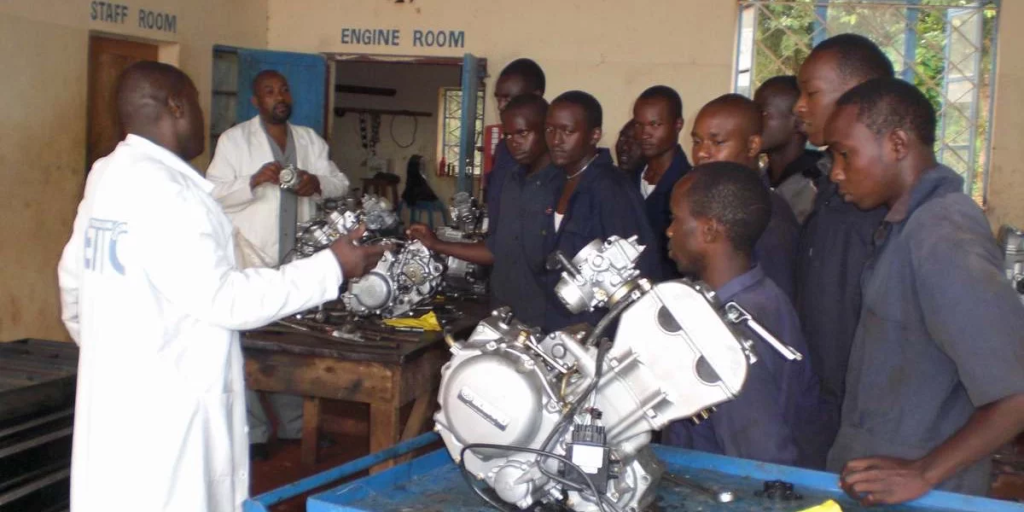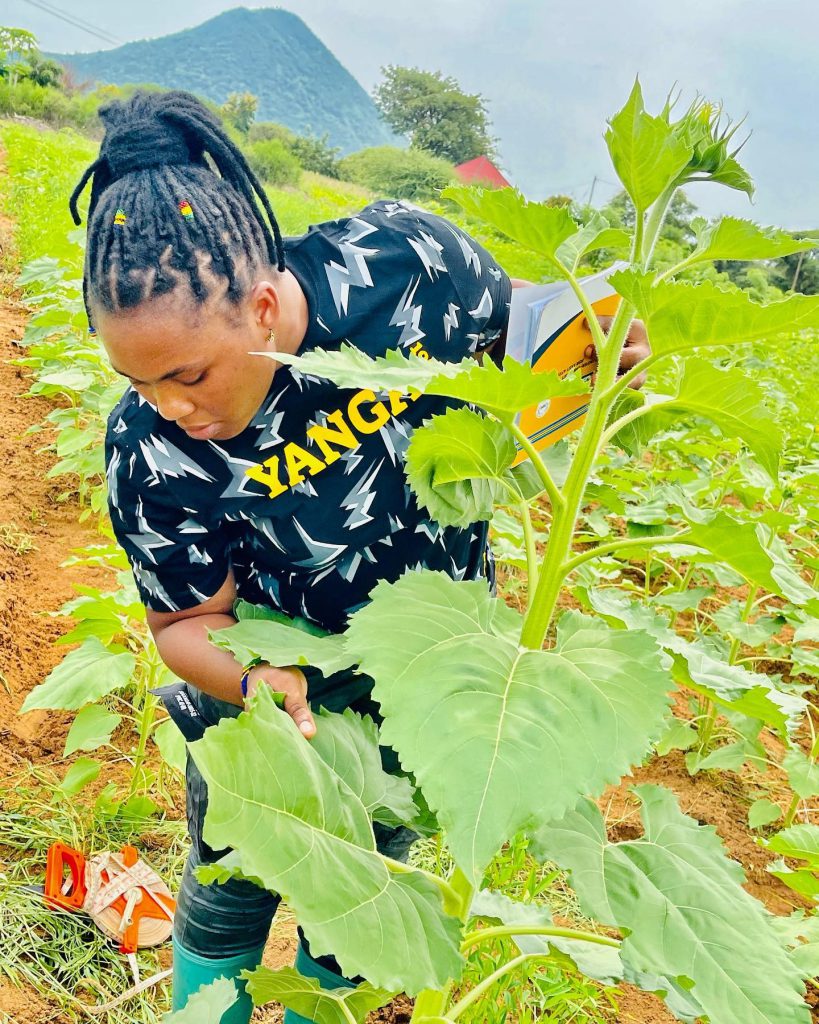This article was published in The Citizen Newspaper, Tanzania on 16th July 2023.
The hopes of sustainability of every human society lie in the hands of its young people. The perfection of its innovation, sustenance of its creativity, and advancement of its prospects will survive in the future if the youth have access to the relevant know-how and are empowered to accomplish those purposes.
In his public address at the opening of the World Conference of Ministers Responsible for Youth, on 10th August 1998, in Lisbon – Portugal, Kofi Annan, former Secretary General of the United Nations, said: “Young people should be at the forefront of global change and innovation. Empowered, they can be key agents for development and peace. If, however, they are left on society’s margins, all of us will be impoverished. Let us ensure that all young people have every opportunity to participate fully in the lives of their societies.”
Teachers, trainers, and other educators, as acknowledged by UNESCO, play an essential role in providing skills for youth to transition to the labour market and to actively engage in their communities and societies.

In view of having the youth as a sustainable workforce to bring lasting solutions to the many problems in society, the focus of skill-based empowerment advocacy this year is to highlight the urgent need to enable skilled teachers and trainers to transfer those skills effectively to young people for a transformative future.
Together with that comes the need, first, to prepare the environment for the youth to effectively gain such skills, and secondly, to create opportunities for them to utilize such skills in ways that transform the quality of life in their society.
With the emergence of numerous modern opportunities globally, the millennial workforce needs more than ever, to have diverse, transferable, multipurpose and adaptable skills. All things being equal, the skills needed depend on the nature of productive engagements which are either actually or potentially available.
For example, skills in agriculture will substantially vary between the Global North and the Global South. With the former being much ahead in the use of technology, some skills might not be relevant, for a particular time, when the reference area in the Global South is yet to attain even low level of required agritech skills.
As such, knowledge of the local situation is necessary before prioritizing the demands and setting plans for skill-based empowerment. One common problem is duplicating foreign blueprints which work somewhere else to seek solutions for local situations where things are completely different.
Both within and from outside the respective societies, the transmission of such things as knowledge and skills from adults to the youth, especially through the informal learning systems has not always been smooth. This is in part, influenced by limited access to technology, especially in the Global South.
Technology, among other things, is a useful tool for storing, processing and advancing knowledge and skills. There are numerous inventions, for example, which have died off as they were not effectively transferred through generations. There are also many which have not progressed at all because only a few people have access to them.

In terms of resources, it is worthwhile perusing the Youth Development Index (YDI), a reliable resource for policy-makers and a tool for tracking the progress made in attaining the Sustainable Development Goals (SDGs) which are associated with youth development.
The YDI maps out six major areas of focus in youth development. These are Health and Well-being, Education, Employment and Opportunity, Political and Civil Participation, Equality and Inclusion, and Peace and Security.
Each one of these has a functional influence on the undertakings and aspirations of young people. For effective holistic, multi-dimensional, and integral development of the youth, these six crucial areas ought to be equally mobilized because their effectiveness together forms the basis for sustainable empowerment.
When we speak of skill-based empowerment of the youth, we are not speaking about learning the basics of technical knowledge or skills, as the literal interpretation will suggest. That should be the lowest rung on the youth empowerment ladder.
We are rather speaking about preparing young people with the crucial, flexible and adaptable skills for decent work, more creative management, and much more robust and progressive entrepreneurship which with time grows beyond the precincts of their locality.
The goal of such empowerment is to make young people become key decision-makers and active influencers of change and growth; hence, bringing about what we will refer to as ‘youth-led solutions.’ Empowerment should make young people able to discover loopholes for improvement, otherwise, it does not stir growth and progress.
Involving the youth in decision-making has been one of the ten priorities of the United Nations for over 25 years now, it is clearly enshrined in the UN General Assembly resolution A/RES/50/81 of 13th March 1996.

This came with the invitation to different governments to create platforms and working systems to engage the youth and help them participate effectively in the life of society. As such, what we have today is a work in progress, with many young people in different important positions of leadership and managerial departments and parastatals globally.
The local and international policies, prospects, projections, blueprints, and working plans are principally complementary and work hand in hand for the same goal. The goal-oriented actualization, as well as genuine investment, honest assessment, evaluation and reporting, is however a challenge in many African countries. Facts have it that, resources allocated for such things are largely embezzled, even though very positive reports are written about such grossly underachieving projects.
On the same note, the majority of the youth for whom such policies and resolutions of empowerment are made, barely know anything about them. It will be of great impact if these things are included in the learning programmes, given in order of practical relevance.
Imparting skills is one way of making our education relevant to the actual life of the people. It is difficult finding the relevance of education when young people aged 18 and above, who have been in school for at least 11 years (up to form IV), cannot solve small problems around their surroundings.
On the same note, youth-led solutions should be relevant to our society and the skills should be invested and directed towards actual problem-solving, as opposed to it being an accumulation of paperwork, arguments and theories.